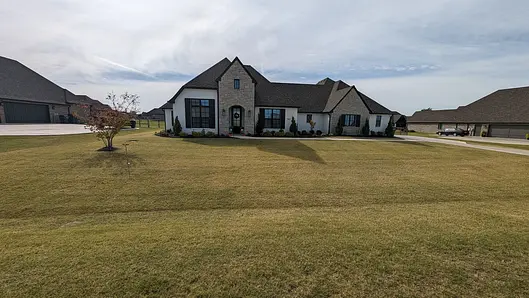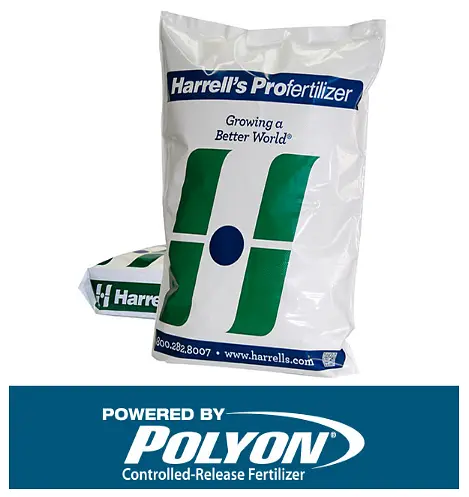Understanding Nutrient Lockout
You water, fertilize, and mow like clockwork—but the lawn still looks tired. The issue may not be the product you’re using; it’s what’s happening beneath the surface. Nutrient lockout occurs when the soil holds plenty of nutrients, but the grass can’t access them. It’s like having a pantry full of food with the door locked. Understanding why this happens is the first step toward fixing it for good.



